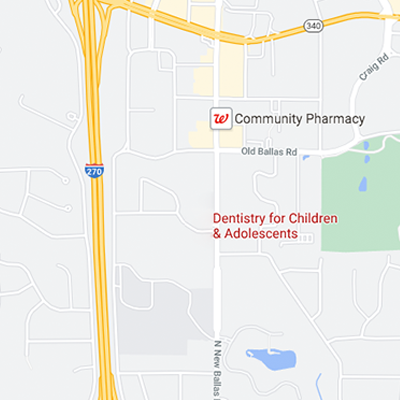
The “Back to School” ads are out already? Halloween candy’s showing up in stores? Just a minute—summer isn’t quite over yet! While the days are still warm, let’s look at a few cool ways to keep your smile bright with some healthy dental options:
Hot summer days mean it’s time to hydrate. But sodas, fruit drinks, and sports drinks can have a lot of added sugars, which can mean added cavities. They can also be quite acidic, and acids break down tooth enamel. So, what to reach for on a hot day? Water!
Water is a good choice whenever you’re thirsty. Water is essential for healthy bodies and for healthy teeth and gums, too. Water helps wash away food particles that feed the cavity-causing bacteria in plaque. Acids in our foods and drinks break down tooth enamel, and water helps balance out those acids. If you have fluoridated water, fluoride makes enamel stronger and even helps reverse early decay. And it’s easily available and very cost effective!
Make sure that healthy smile you worked so hard for stays looking its best with protective gear:
- A mouthguard will help protect your teeth and mouth from contact with hard surfaces and hard bodies when you’re enjoying biking, baseball, hoops, and other activities.
- If you have a retainer, wear it as directed. Retainers keep your teeth from moving out of position while your jawbones rebuild strong bone tissue around them.
- If you suffer from bruxism, your nightguard protects your teeth and jaws from tooth-grinding damage, so don’t forget to use it nightly.
Your appliances protect you, so return the favor and make sure your appliances stay healthy by cleaning them after use and storing them in their protective cases.
And remember to replace another piece of protective equipment regularly—your toothbrush. If you haven’t replaced your toothbrush for several months, it’s time to go shopping. Toothbrushes wear down over time, and, after three months or so, can’t clean plaque as effectively. Which reminds us . . .
Even as we take advantage of the end of summer with last minute camping, or travel, or action-filled weekends, one thing should stay on schedule—regular brushing and flossing.
You should be brushing twice a day, for two minutes each time. If it’s hard to time yourself, try playing a favorite two-minute song or using a timer or even a brushing app. And don’t forget to floss! Floss gets into spaces where bushes can’t to remove plaque. Floss once a day to keep your teeth their cleanest.
Finally, don’t forget to schedule regular dental appointments at our Creve Coeur or St. Charles office for a cleaning and exam with Dr. Varble, Dr. Dill, Dr. Wong, and Dr. Parks.
Summer’s almost over, but these healthy tips work in fall, winter, and spring, too—for a smile that’s sunny and bright all year long!






